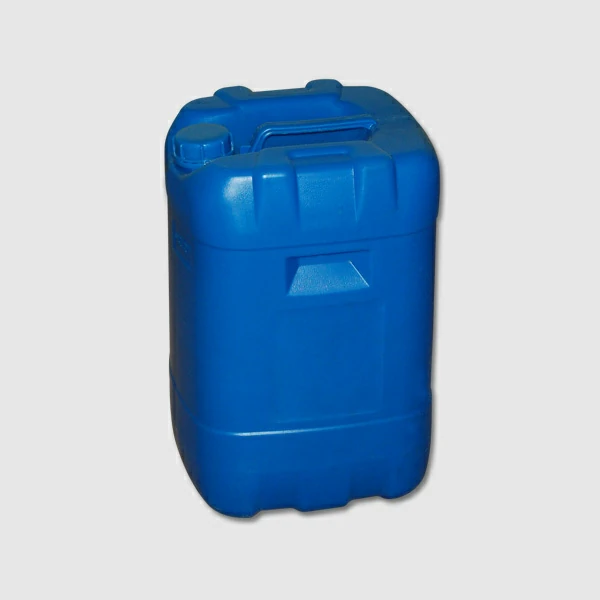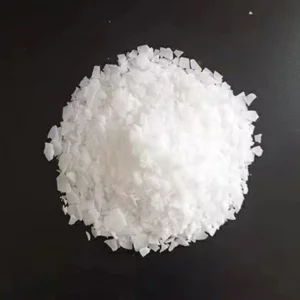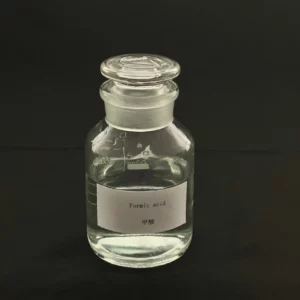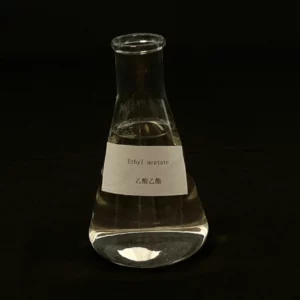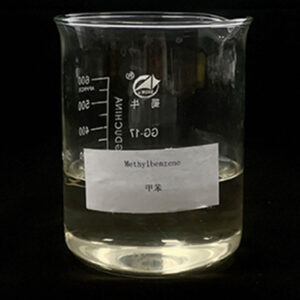PRODUCT
DBU Benzyl Chloride Ammonium Salt
- Product Name: DBU benzyl chloride ammonium salt
- Purity: 97%
- MF: C7H7CI
- Appearance: Yellowish solid
- Package: Drum
- Certificate: ISO
- Application: Poly cool catalyst, epoxy resin curing accelerator, mainly used in diode, transistor, integrated circuit package accelerator, light-emitting diode, wire, transformer potting accelerator.
- Sample: Available
Send Email To Us
Product Detail
DBU benzyl ammonium chloride is a common reaction reagent combination. DBU has a strong alkalinity and is commonly used as a base catalyst to participate in organic synthesis reactions, such as nitrogen removal and dehydrochlorination. Benzyl ammonium chloride is a commonly used alkylation reagent, which can react with DBU to form benzyl compounds. This combination of reaction reagents can also be used to synthesize sulfonyl chloride, transition metal complexes, aldehydes and ketones.
Product Parameter
Application
1. Base catalyst: DBU is a strong base and can be used as a substitute for hydroxide. It is commonly used as a catalyst to participate in many organic synthesis reactions, such as the removal of nitrogen from sulfonyl chloride and the dehydrogenation of halogenated hydrocarbons.
2. Substrate eliminator: In the elimination reaction, chemical DBU benzyl ammonium chloride can be combined with acidic hydrogen atoms to promote the elimination reaction of the substrate to generate olefin or imine compounds. This application is commonly seen in the synthesis of alkenes, heterocyclic compounds and polyhydrogen compounds.
3. Benzylation reaction: Benzyl ammonium chloride is a commonly used alkylation reagent, which can react with DBU to produce benzyl and hydrochloric acid. This reaction is often used to synthesize benzyl compounds, such as benzyl ethers, benzyl ketones, benzyl amines, etc.
4. Sulfonyl chloride generating reagent: DBU reacts with benzyl ammonium chloride to generate sulfonyl chloride, which is often used for sulfonylation of alcohols, phenols and amines.
5. Other applications: DBU and benzyl ammonium chloride can also be used in the synthesis of transition metal complexes, the preparation of aldehyde-ketone compounds, carbonyl reduction reaction, chlorination reaction and other organic synthesis reactions.
Multiple uses of products

.jpg)
.webp)

